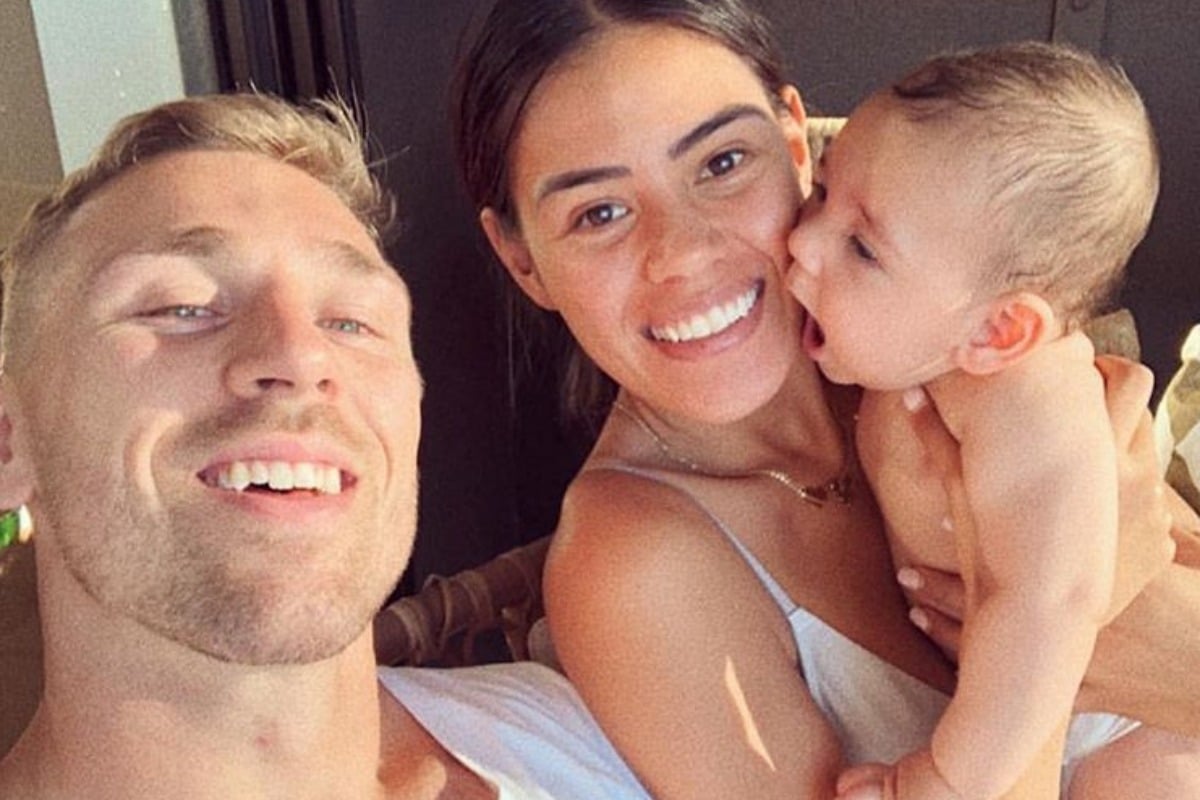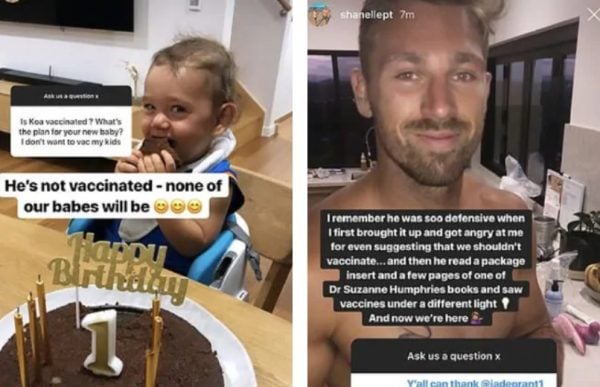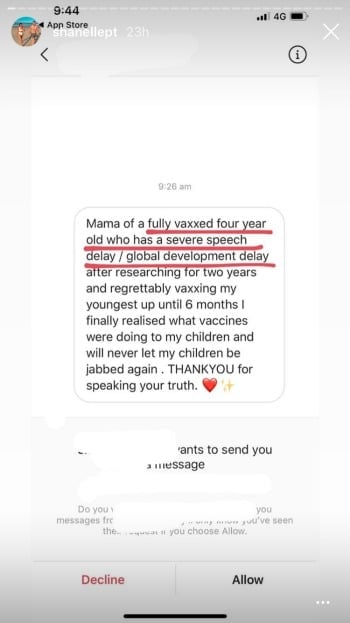
“Let’s face it, it’s sexier to follow and like a footballer’s WAG as opposed to a middle-aged, conservative, science-based clinician such as myself.”
These are the uncomfortable words of Sydney paediatrician Dr Scott Dunlop.
Earlier this week Shanelle Cartwright – wife of NRL football star Bryce Cartwright – went public via social media to her more than 7000 followers about her decision to not vaccinate her children.

The 20-year-old told her following, via an Instagram Q&A, that she and her husband had done a lot of research, and despite his resistance at first - it was one book, by a prominent anti-vax supporter that ultimately changed their opinion.


Top Comments
Still working on that "edit" button! Didn't fit it in to this week, but hoping to help you fix the inecitable typos asap!
You have to wonder why on an article that purports the need to discuss the topic of conversation that it is only the voice of "yes sir, yes sir, three bags full sir" that gets to have a voice. But then you have to be prone to wondering....